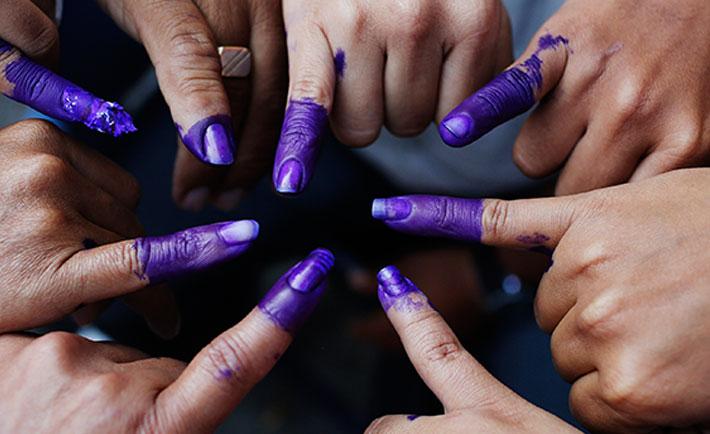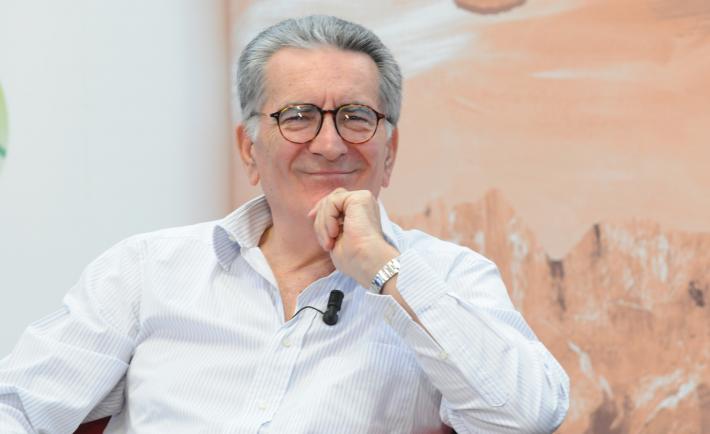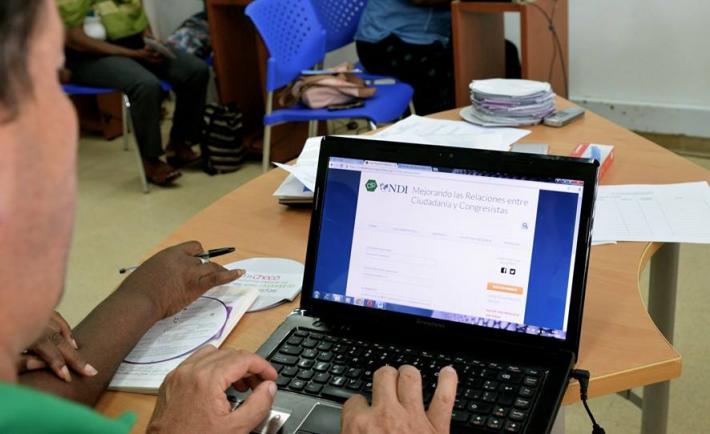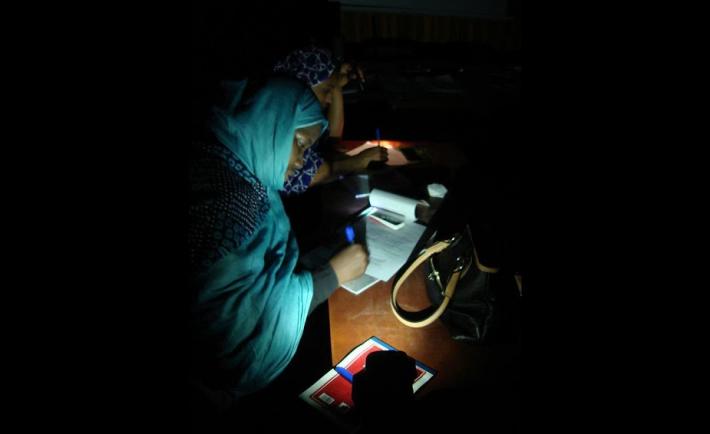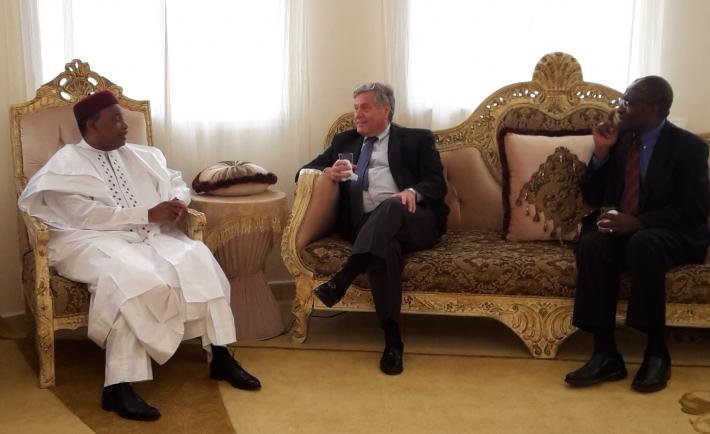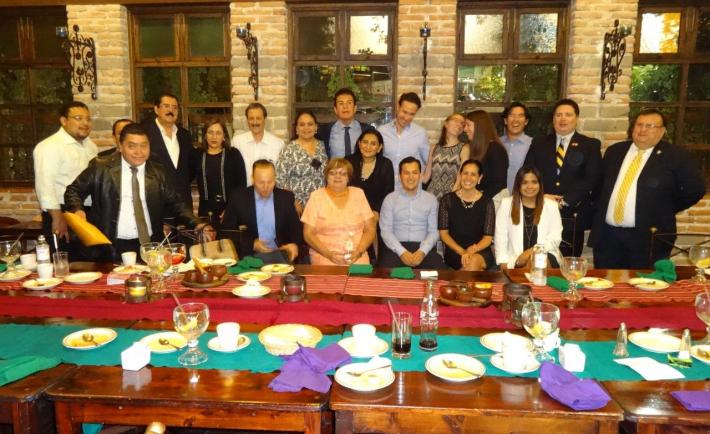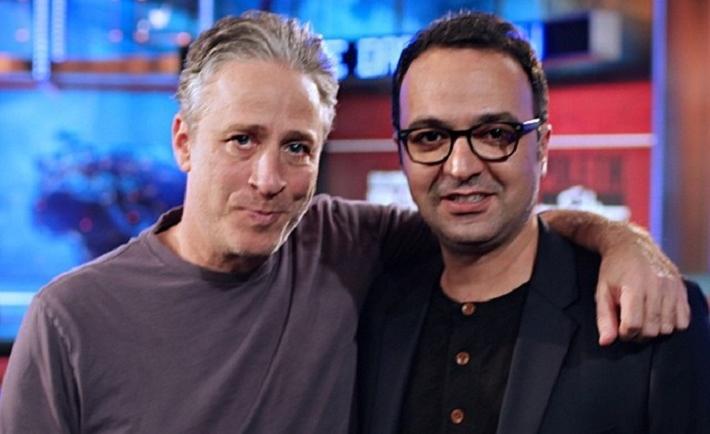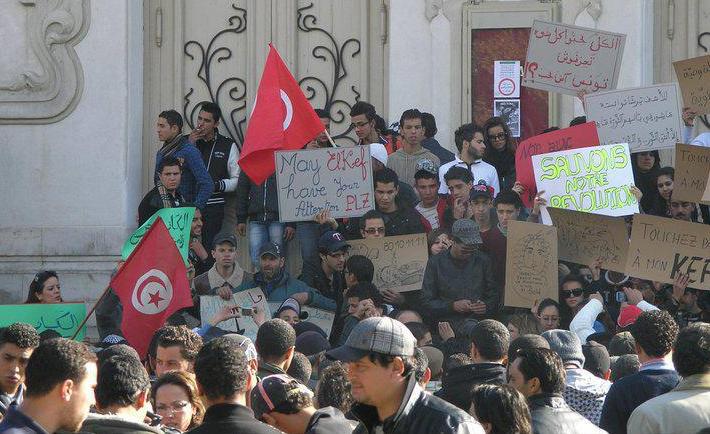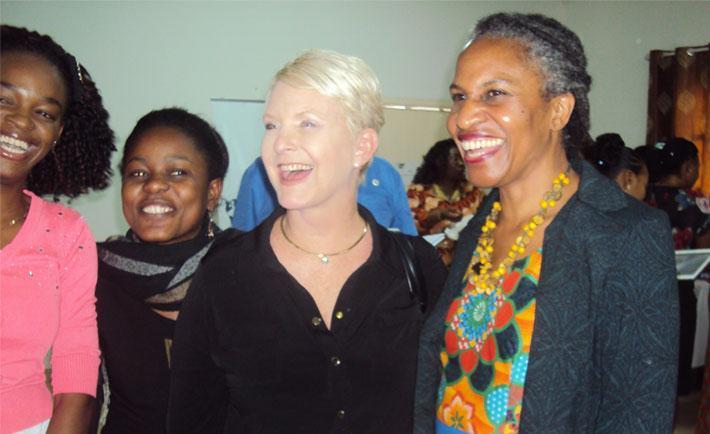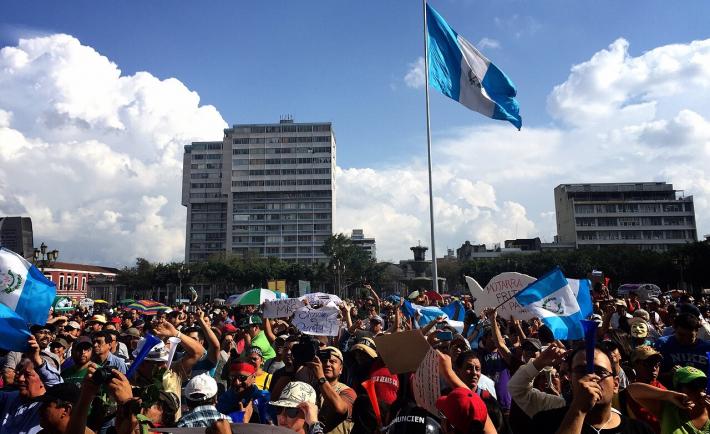
Protesters gather peacefully in Central Plaza in Guatemala City, demanding changes to the political system and the resignation of now ex-President Perez Molina. Credit: Ricardo Marroquin
In recent years, Guatemala has made headlines with bleak statistics illustrating the range of challenges it faces: the country suffers from the fifth highest homicide rate in the world, drug trafficking and narco money have penetrated society, child malnutrition is the worst in the hemisphere, and the state institutions responsible for providing services to Guatemalan citizens are notoriously weak and corrupt. Although those challenges still exist, Guatemala is now stepping back from the brink toward a much brighter future, brought about by citizens demanding more from their elected leaders.

